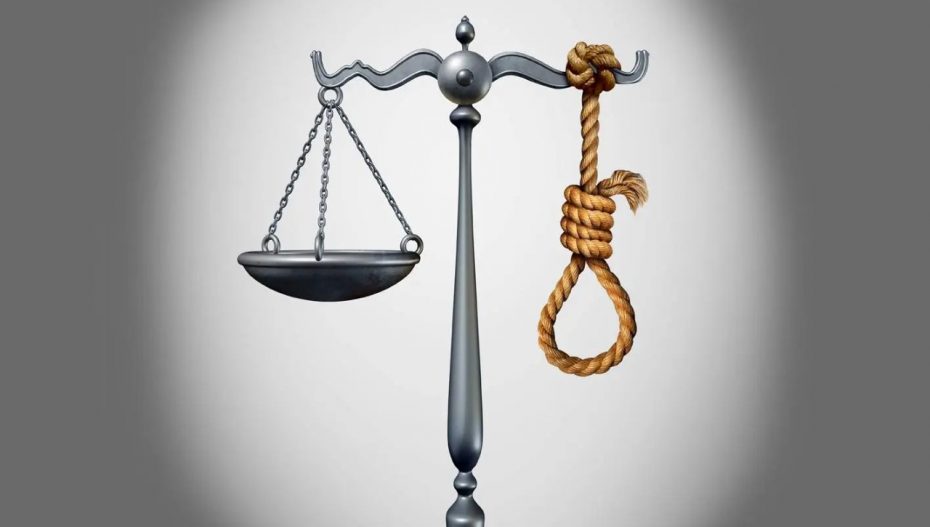In a rarest of rare verdicts, a special court slapped death sentence on 38 convicts and awarded life imprisonment to 11 others in the 2008 Ahmedabad serial bomb blasts that left 56 people death and over 200 injured after a grueling 13-year-long trial.
This is a historic verdict in which as many as 38 people have been awarded death sentence together. Earlier, 26 were given capital punishment in the 1991 assassination of former Prime Minister Rajiv Gandhi.
Special Judge AR Patel, who acquitted 28 others in the case last week, ordered a compensation of Rs 1 lakh to the next of kin of those who had died in the multiple blasts that ripped through in Ahmedabad in quick succession. The court announced compensation of Rs 50,000 for victims with severe injuries and Rs 25,000 for those with minor injuries.
On July 26, 2008, around 22 bombs exploded in Ahmedabad at different spots, including the Ahmedabad Municipal Corporation-run LG Hospital, state government-run civil hospital, on buses, bicycles, cars and other places.
The Gujarat police had claimed that people associated with terror outfit Indian Mujahideen (IM), a faction of radicals of the banned Students Islamic Movement of India (SIMI), were involved in the blasts. It was alleged that the IM terrorists had planned these blasts to avenge the 2002 post-Godhra riots. The Islamic militant group Harkat-ul-Jihad-al-Islami had claimed responsibility for the attacks.
Criminal Charges
Judge A R Patel convicted all the 49 convicts under penal provisions for murder (IPC section 302), attempt to murder (IPC section 307), causing grievous hurt (IPC section 326), mischief causing damage to the amount of fifty rupees (IPC section 427), causing mischief by fire or explosive substance (IPC section 435, 436), forgery and cheating (IPC section 465, 468, 471), abetment (109), criminal conspiracy (120B), waging war against state (121A), sedition (124A), causing disharmony or feelings of enmity, hatred or ill-will between different religious, racial, language or regional groups or castes or communities(153A (1)(a)), as well as for offences under UAPA sections 10, 13, 16 (1) (a) (b), 18, 20, 23, 38 and 39; under Explosive substance Act sections 3, 4, 5 and 6 and under Damage to Public Property Act sections 3(1) (2) and section 4.
Terror Unleashed
As many as 21 serial blasts took place between 6.30 p.m. and 8.10 p.m. in various areas in Ahmedabad. These included Hatkeshwar, Naroda, Civil Hospital, LG Hospital, Isanpur, Khadiya, Narol Circle, Jawahar Chowk, Govid Wali, Raipur Chakla, Sarangpur, Bapunagar, Thakkar Bapa Nagar, Sarkhej. The incident left 56 people dead and 240 injured. A team of high-ranking officials, including Ashish Bhatia, Abhay Chudasama, Himanshu Shukla, Usha Radha and Muir Chawda, led the investigation.
The accused planted bombs at about 20 places in the city. Bombs were recovered from 19 bicycles, two cars and 1 AMTS bus. A conspiracy was hatched in the forests of Waghmore and the accused came to Ahmedabad by train. The explosives were transported from Mumbai to Ahmedabad and Surat by car. The accused bought 19 bicycles and planted a bomb using a sleeper cell.
Trail to Justice
In the trial, which began in 2009, the prosecution examined over 1,100 witnesses. The prosecution in this high-profile and sensitive case initially took place inside the Sabarmati central jail for security reasons, and the proceedings were later conducted mainly through video-conferencing. During the trial, 26 witnesses were marked as star witnesses, and the court and the prosecution ensured special provisions to keep their identities confidential for their safety and security.
Ayaz Saiyed, an approver who was the 29th accused to be acquitted, was accused of planting bombs on bicycles and an AMTS bus in Naroda of Ahmedabad city, which blew up near Sarkhej.
The Gujarat High Court granted Saiyed bail in June 2020. However, he submitted an application before the trial court in March 2019 seeking to be pardoned after he turned approver to support the prosecution’s case.
The first designated judge for the blasts trial is now a judge of the Supreme Court, Justice Bela Trivedi. At least eight judges subsequently presided over the trial, including B J Dhandha, V P Patel, V B Mayani,
Jyotsana Yagnik, K K Bhatt, P B Desai, P C Raval and A R Patel.
Prosecutors included HM Dhruv, Sudhir Brahmbhatt, Amit Patel, and Mitesh Amin, and defence counsel included MM Shaikh and Khalid Shaikh, among others.

















